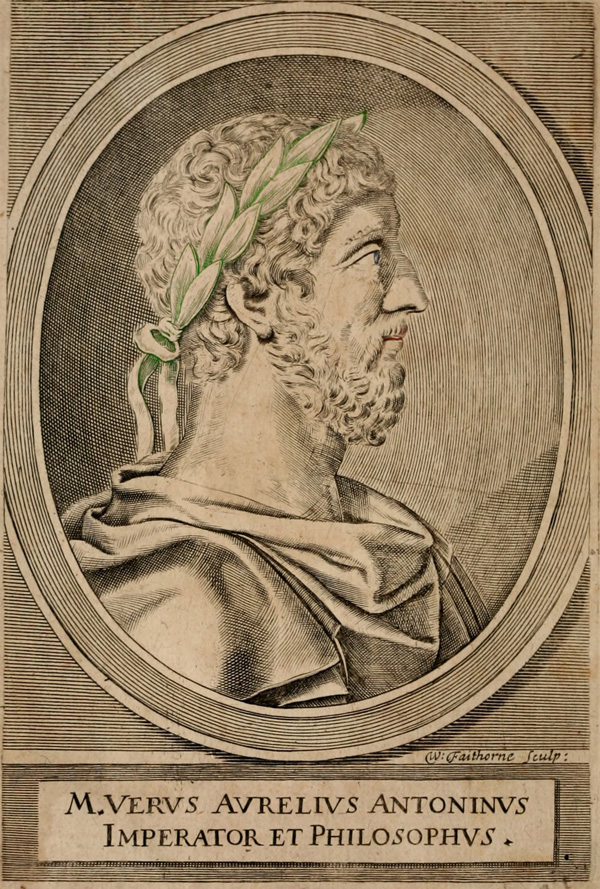On the Sufferings of the World
Unless suffering is the direct and immediate object of
life, our existence must entirely fail of its aim. It is absurd
to look upon the enormous amount of pain that abounds
everywhere in the world, and originates in needs and necessities
inseparable from life itself, as serving no purpose
at all and the result of mere chance. Each separate
misfortune, as it comes, seems, no doubt, to be something
exceptional; but misfortune in general is the rule.
I know of no greater absurdity than that propounded by
most systems of philosophy in declaring evil to be negative
in its character. Evil is just what is positive; it makes
its own existence felt. Leibnitz is particularly concerned
to defend this absurdity; and he seeks to strengthen his
position by using a palpable and paltry sophism.[1] It is
the good which is negative; in other words, happiness and
satisfaction always imply some desire fulfilled, some state
of pain brought to an end.
This explains the fact that we generally find pleasure to
be not nearly so pleasant as we expected, and pain very
much more painful.
The pleasure in this world, it has been said, outweighs the
pain; or, at any rate, there is an even balance between the
two. If the reader wishes to see shortly whether this statement
is true, let him compare the respective feelings of
two animals, one of which is engaged in eating the other.
The best consolation in misfortune or affliction of any
kind will be the thought of other people who are in a still
worse plight than yourself; and this is a form of consolation
open to every one. But what an awful fate this means
for mankind as a whole!
We are like lambs in a field, disporting themselves under
the eye of the butcher, who chooses out first one and then
another for his prey. So it is that in our good days we
are all unconscious of the evil Fate may have presently in
store for us--sickness, poverty, mutilation, loss of sight or
reason.



 Just that you do the right thing. The rest doesn’t matter.
Just that you do the right thing. The rest doesn’t matter. 